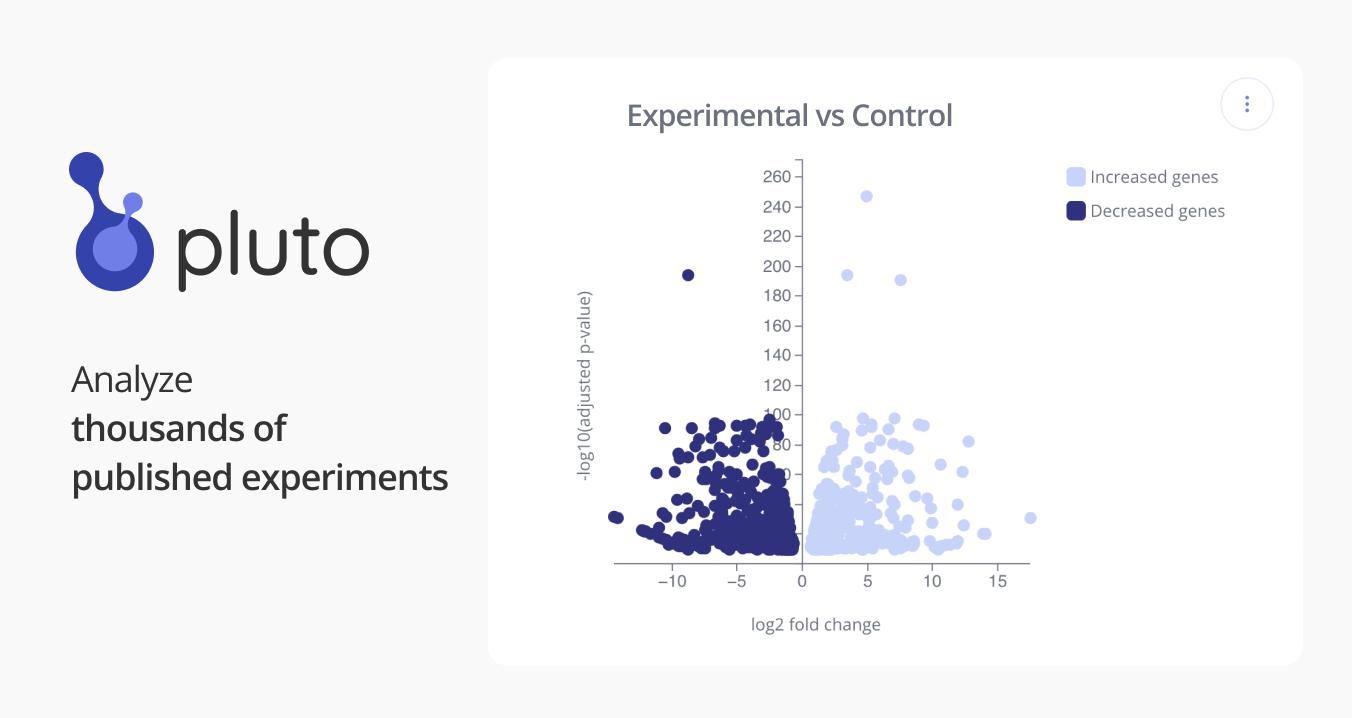Pluto Bioinformatics
GSE103798: Characterization of the ALK7 signaling pathway in PanNET, using cell lines that either express dominant negative ALK7 (ALK7-DN), or subjected to ALK7 knock-down (shALK7), treated with activin B
Bulk RNA sequencing
Herein we report that the TGF superfamily receptor ALK7 is a suppressor of tumorigenesis and metastasis, as revealed by functional studies in mouse models of pancreatic neuroendocrine and luminal breast cancer, complemented by experimental metastasis assays. Activation in neoplastic cells of the ALK7 signaling pathway by its principal ligand activin B induces apoptosis. During tumorigenesis, cancer cells use two different approaches to evade this barrier, either downregulating activin B and/or ALK7. Suppressing ALK7 expression additionally contributes to the capability for metastatic seeding. ALK7 is associated with shorter relapse-free survival of various human cancers and distant-metastasis-free survival of breast cancer patients. This study introduces a new mechanistic insight into primary and metastatic tumor development, in the form of a protective barrier that triggers apoptosis in cells that are not authorized to proliferate within a particular tissue, by virtue of those cells expressing ALK7 in a tissue microenvironment bathed in its ligand. SOURCE: Nadine Zangger (nadine.zangger@isb-sib.ch) - Delorenzi Swiss Institute of Bioinformatics
